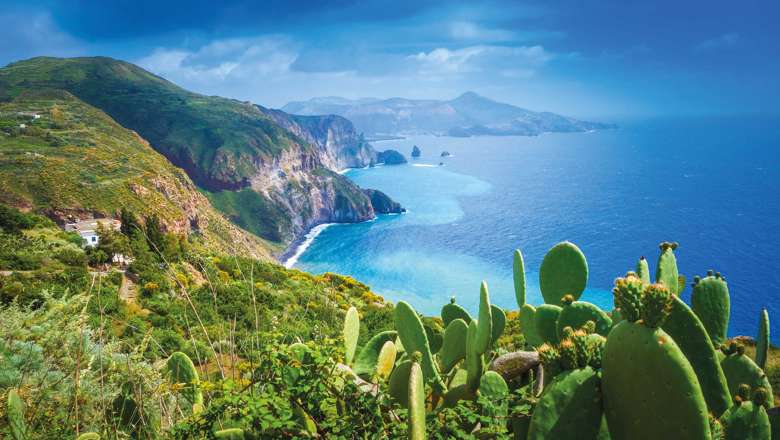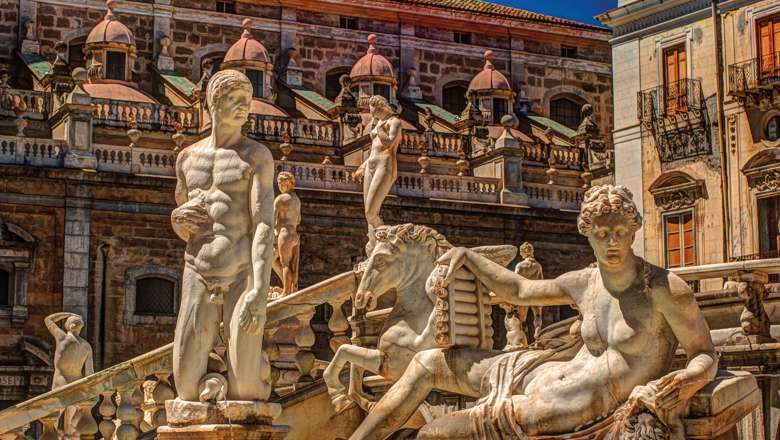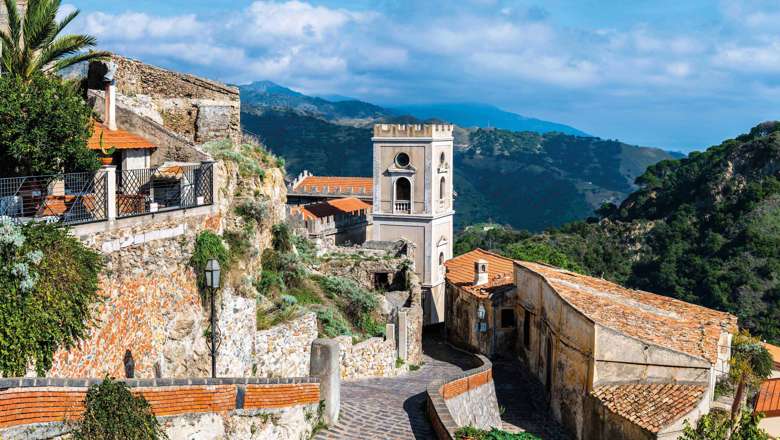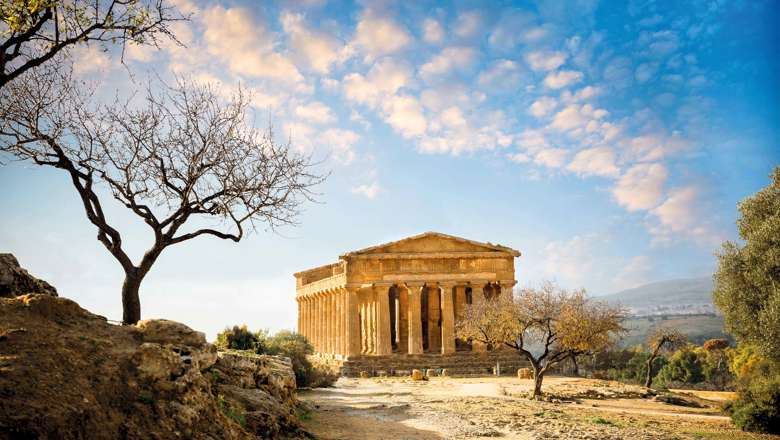Read these books set in Sicily
The beautiful island of Sicily is one of our most popular destinations, and with good reason. This small island off the coast of Italy not only has fascinating cultural sites but also spectacular countryside, deep blue seas and sandy beaches. It’s unsurprising then that Sicily has also been a source of inspiration for many writers. Read on to discover our favourite books set in and written about Sicily, and be inspired to travel to this sought-after destination.
Seeking Sicily by John Keahey
Seeking Sicily is a travelogue with a difference. The astounding reach and clarity which Keahey brings to his source material immerses the reader into Sicily’s history and culture. Touching on food, art, literature, history and politics, the book balances breadth and depth while giving an overview of Sicilian culture and its influences. Describing Sicily’s rich 3,000-year history, Keahey weaves narrative together through local myths, snippets of conversation and excerpts from Sicily’s most famous writers.
The Leopard by Giuseppe Tomasi di Lampedusa
Written by the last in a long line of Sicilian Princes, this book is Sicilian to its core. Penned shortly after the Second World War, when the island had been ravaged by Allied forces, the book tells the story of a Sicilian Prince in the time of the Risorgimento. General Garibaldi and his forces threatened to change everything the Prince was accustomed to about Sicilian society. The complex themes and narrative threads focus around class and mortality, making this a striking historical novel. These central themes are as important in today’s world of upheaval as they were at the time the novel was written.
The Ruby in Her Navel by Barry Unsworth
Sicily’s history has captured the imagination of many authors, so it is no surprise to find a second historical novel on this list. Set in Norman Sicily, this novel is by Barry Unsworth, an author famous for his unparalleled telling of the past. Told in first-person by the protagonist, Thurstan, the story follows his progression as a civil servant travelling through Sicily on missions and meeting colourful characters along the way (including the owner of the eponymous navel). Love, betrayal and attempted regicide ensue.
For those with an interest in the more hidden histories of Sicily, this novel is an excellent choice. The reader is instantly transported through time and space to a fascinating period of fragile cultural peace, with Normans, Byzantines, Greeks, Muslims and Jews living together in harmony, teetering on the edge of an inevitable civil war.
The Shape of Water by Andrea Camilleri
The Inspector Montalbano series is wildly popular in Italy and has been made into several films and TV series. The Shape of Water is the series’ first novel about a likable Inspector with a wry sense of humou and a dedication to justice. The dry humour of the writing, the dense plotting, and the larger-than-life characters make this book compulsive reading.
The setting also plays a large part in the book’s success. Those who have visited Sicily will recognise the twists and turns of its city streets, and the ancient sites. Of course, there is no escaping the fact that this is mafia country, but the story eschews the heavy-handed approach and is told with a deft charm and an eye for regional specificity. An undeniable bonus with this novel is that it is the first in the series, giving the reader plenty more time to explore the island through the eyes of Inspector Montalbano.
Much Ado About Nothing by William Shakespeare
Many of Shakespeare’s classics are set in Italy, and a couple are even set in Sicily. One of our favourites is Much Ado About Nothing. The narrative of this comedic classic is set in Messina, a port town on the island, which was ruled by the house of Aragon at the time. As with many of Shakespeare’s comedies, the play’s humour revolves around mistaken identity, deception and gossip, making it a delightful romp even today. Much of the play is also written in prose, although fans of Shakespeare’s verse will find joy in in the impulsive energy of the verse sections.
For those who don’t enjoy reading Shakespeare as much, there are a number of engaging and faithful film adaptations. The Kenneth Branagh version is by far the best received, with an all-star cast who stay close to the source material, although the beautiful Tuscan setting doesn’t match up to the wild beauty of the original script.
Discover Sicily for yourself with Jules Verne on one of our tours through this unique historical island, and find more reading and travel inspiration in our blog series, Jules Verne Reads.





